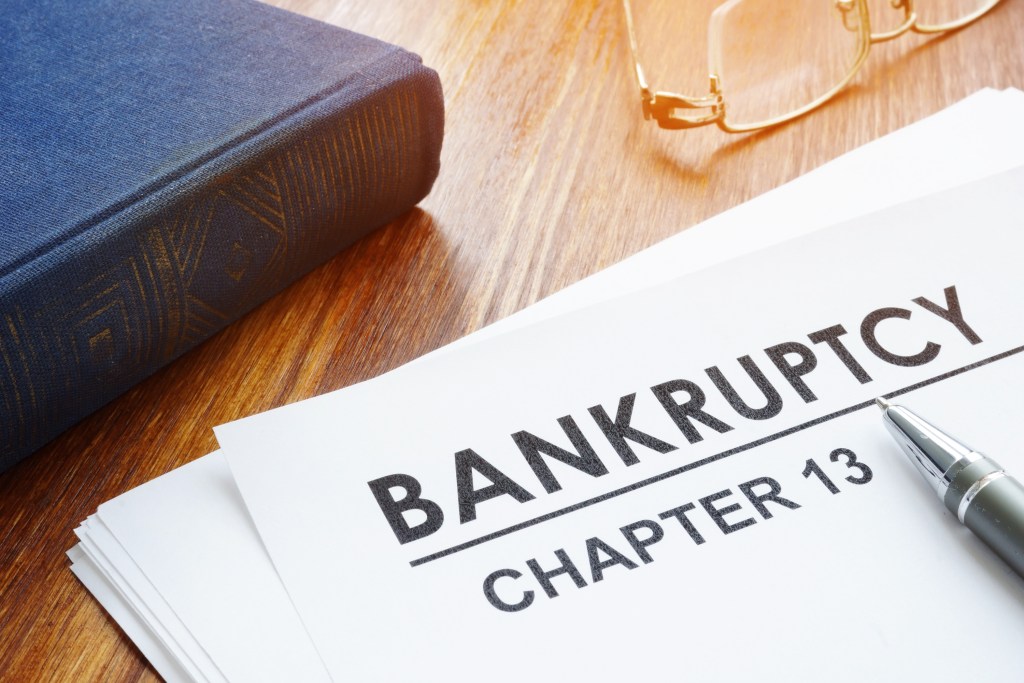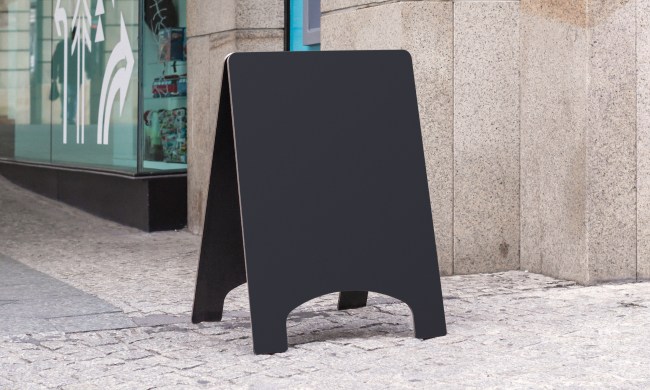Hopefully, your business never has to go bankrupt. However, if it does, there’s a good chance that you’ll have some pretty hefty debts. You may owe any of the following:
- Private lenders
- Banks
- Service providers
- Utilities
- Suppliers
- Landlords
If you do, you’ll want to notify them of the fact that you’ll be closing in advance. Doing so can reduce liability. As much as possible, try to settle for less than a full payment; you won’t always be able to. However, the more you can reduce those debts, the better.
With that said, many small-business owners go into a bankruptcy situation with fear goggles on. They ignore creditors hoping that the people they owe will ignore them in turn. That’s a bad idea. There’s a high likelihood that you’d end up facing lawsuits, repo companies, and collection agencies.
To help lessen the angst and help you understand how to pay for bankruptcy, we’ve put together this small guide. Pay attention because when it comes to bankruptcy for small business, you’ll want to be as informed as possible.

Negotiating settlements on business debt
Before considering bankruptcy, and in case you can’t pay those you owe in full, you need to see how low your creditors are willing to go when it comes to a settlement. A variety of things can impact the outcome, including such things as:
- The attitude of the creditor
- The legal details of the debt
- The type of creditor
For instance, if your company is a corporation or limited liability company (LLC), the creditor will automatically know that they can’t hold you personally liable. (They can’t sue you for your personal assets.) In that case, the creditor might be willing to settle for whatever you can arrange to pay.
On the flip side, if you’re a sole proprietor, you’re responsible for all liability. It gets worse if you’ve taken out loans that relatives or friends co-signed because the creditor can then go after them for repayment, too.
Regardless of the legal entity you’re doing business under, it’s a wise move to hire an attorney to negotiate on your behalf. By yourself, you may be able to get creditors to settle for anywhere from 50 to 70 cents on the dollar. However, an attorney can often get it even lower than that.
With that said, sometimes you should consider bankruptcy when there’s simply no hope that you’ll be able to pay everything you owe. With the right kind of bankruptcy, you can wipe your debt and potentially start over.
Should you choose Chapter 7 or Chapter 13 bankruptcies?
Filing for bankruptcy doesn’t necessarily mean you’re also going out of business. However, your options depend heavily on the legal structure of your company, how many assets you have, how much debt you have, and whether you intend to continue running your business or not. Here’s what a Chapter 7 or Chapter 13 bankruptcy could mean for your business.
Benefits of a Chapter 7 bankruptcy
You can wipe out business and personal debts in a single bankruptcy case with Chapter 7. Moreover, you won’t have to meet the income requirements of the Chapter 7 means test if the amount of your business debt is more than your personal debt.
If your business is an LLC or a corporation, then filing a Chapter 7 bankruptcy will allow you to shut your business down and liquidate it transparently. It then becomes the responsibility of the bankruptcy trustee to sell the assets and pay your creditors.
Benefits of a Chapter 13 bankruptcy
If you’re planning on keeping your business alive, then a Chapter 13 bankruptcy is an option. Through it, you can keep your assets while paying your creditors what you owe through a repayment plan. However, if you’re a sole proprietor, a bankruptcy trustee could sell your assets if you don’t have enough bankruptcy exemptions to protect them.
Chapter 13 allows you to reorganize your debt and keep your business going. However, it’s not a fix-all solution because your repayment plan will require you to also pay for assets that can’t be protected through exemptions. With that said, your repayment plan will be spread across five years. You’ll therefore have the opportunity to make money and get back in the game.

Who pays for bankruptcies?
The short answer is that it depends. If you’re the one filing for bankruptcy, then you’ll be the one paying the court’s filing fee. You could potentially have that fee waived, but only if it’s clear that you can’t afford to pay it even once the case has been filed and your debts are erased. If you hire a lawyer to help with your bankruptcy, you are responsible for paying the attorney’s fees.
The bottom line is that bankruptcy may help you to pay up through a repayment plan and can provide your business with much relief if you’re saddled with a heavy load of debt. It can also help you if you plan to go out of business entirely and wish to wipe the slate clean.


